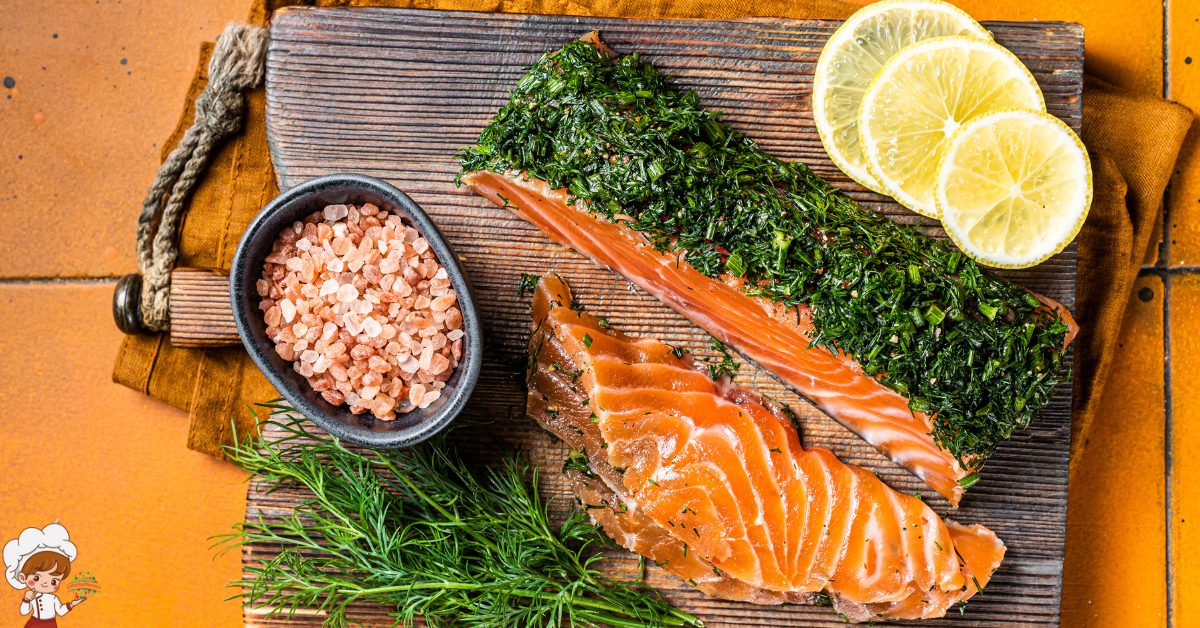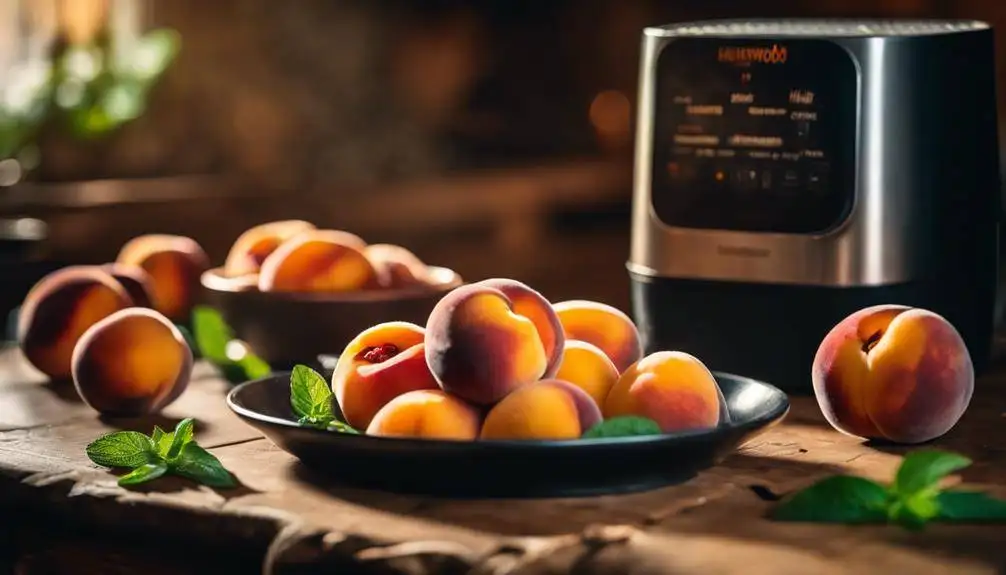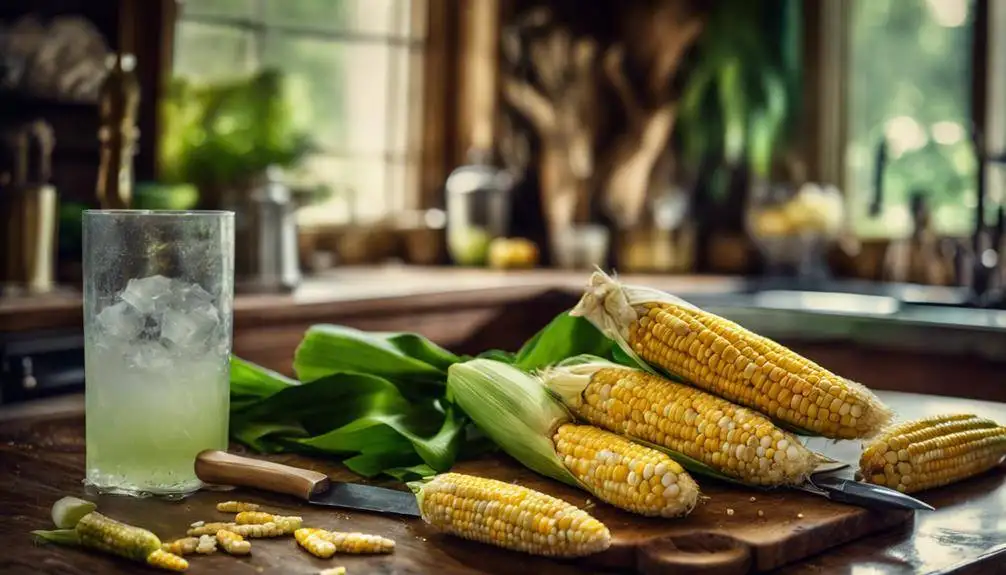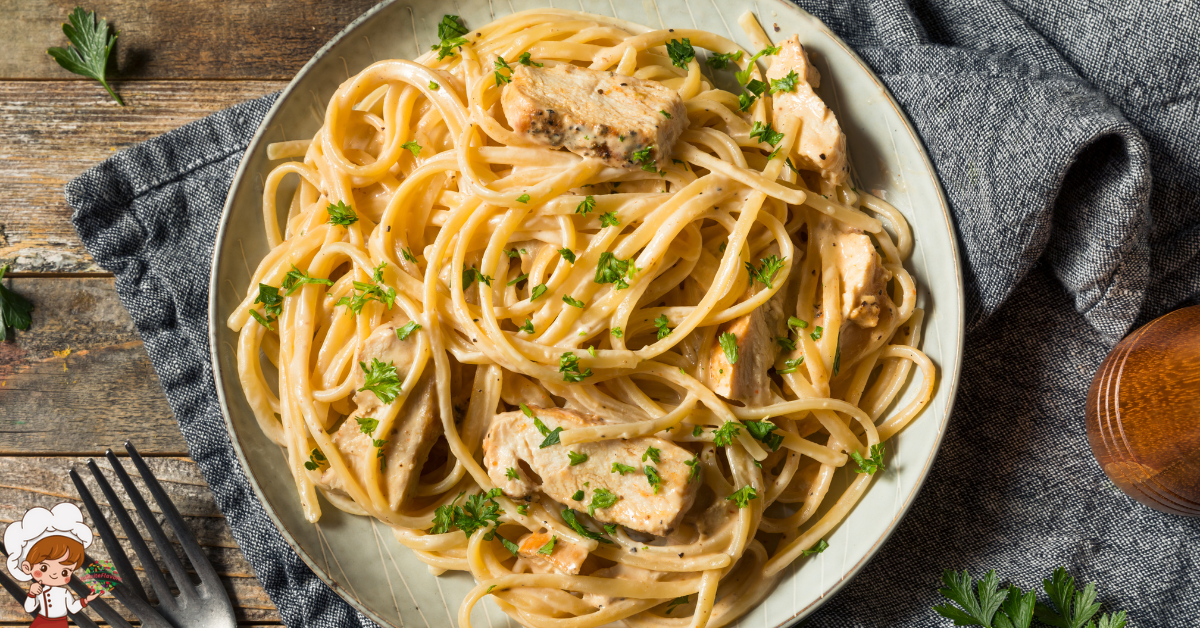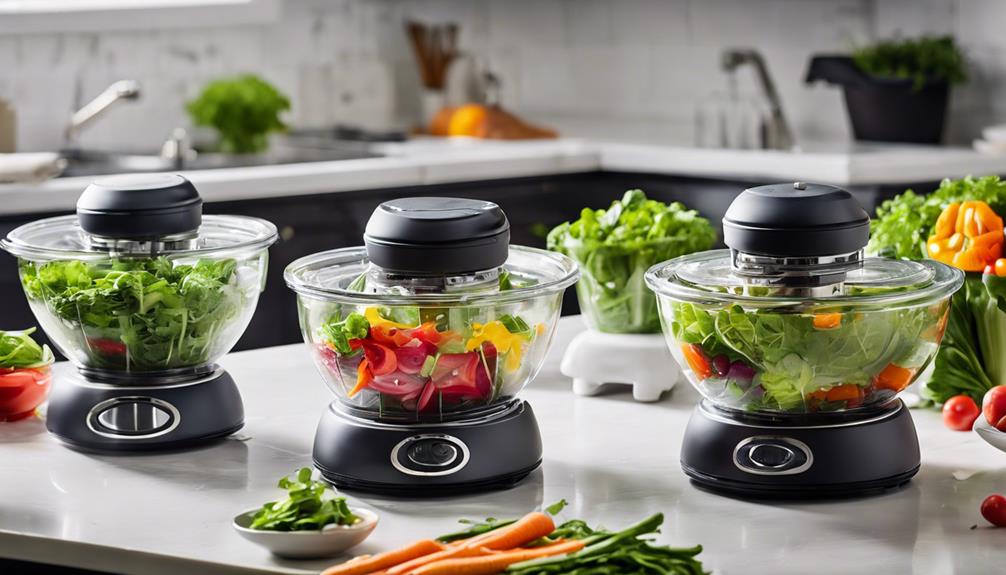Important Vegan Dietary Guidelines for Pregnancy
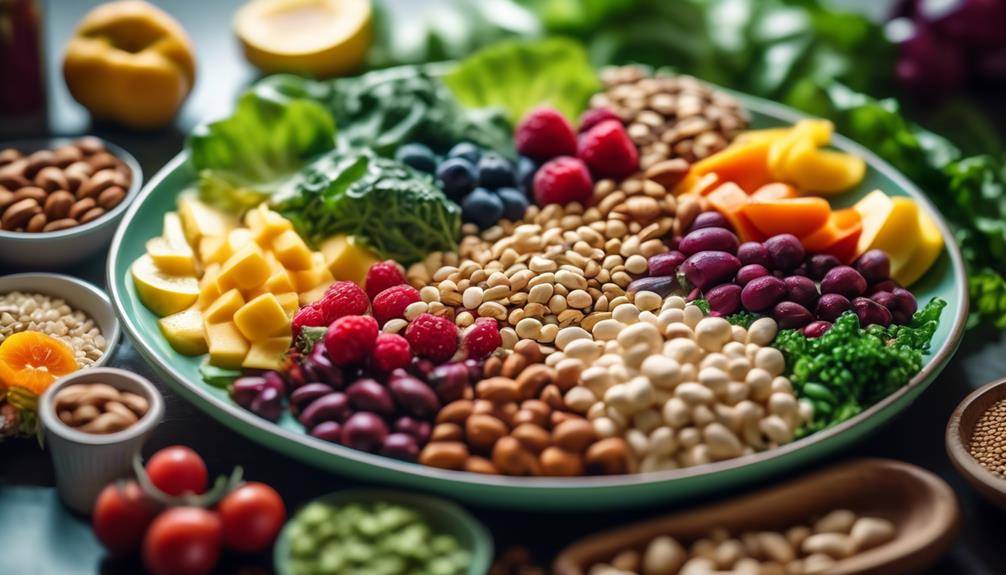
Vegan Dietary Guidelines for Pregnancy; Did you know that the number of people following a vegan diet has more than quadrupled in the past decade? With the growing popularity of plant-based lifestyles, it’s no surprise that many expectant mothers are also considering a vegan pregnancy. But what are the dietary guidelines for pregnant women who choose to follow a vegan diet? In this discussion, we will explore the essential nutrients needed for a healthy vegan pregnancy, provide tips for meal planning, and highlight vegan sources of key nutrients. Whether you’re a vegan mom-to-be or just curious about the topic, this discussion will shed light on the important considerations for a vegan dietary approach during pregnancy.
Importance of Nutritional Planning
To ensure a healthy pregnancy for both you and your baby, it is crucial to prioritize nutritional planning and make informed choices about your vegan diet. A well-planned vegan diet during pregnancy can provide numerous benefits. Firstly, it is rich in fiber, vitamins, minerals, and antioxidants, which are essential for maintaining optimal health. It can also help lower the risk of developing gestational diabetes, high blood pressure, and preeclampsia. Additionally, a vegan diet can promote healthy weight gain, reduce the chances of excessive weight gain, and lower the risk of complications during childbirth.
Despite the benefits, it is important to be aware of the potential challenges that may arise with a vegan pregnancy. One of the main challenges is ensuring adequate intake of key nutrients such as protein, iron, calcium, omega-3 fatty acids, vitamin B12, and vitamin D. Protein can be obtained from plant-based sources like legumes, tofu, and quinoa. Iron-rich foods include dark leafy greens, lentils, and fortified cereals.
Calcium can be obtained from sources such as fortified plant-based milk and calcium-set tofu. Omega-3 fatty acids can be sourced from flaxseeds, chia seeds, and walnuts. Vitamin B12, which is primarily found in animal products, should be obtained through fortified foods or supplements. Lastly, vitamin D can be obtained through adequate sun exposure or supplements.
To overcome these challenges, it is recommended to consult with a registered dietitian or healthcare provider who can guide you in creating a well-balanced vegan meal plan. They can help ensure that you meet your nutrient requirements and monitor your health throughout pregnancy. Additionally, it is important to consume a variety of plant-based foods, including whole grains, fruits, vegetables, nuts, and seeds, to maximize nutrient intake. By prioritizing nutritional planning and making informed choices, you can successfully navigate a vegan pregnancy and support the health of both you and your baby.
Essential Nutrients for Vegan Pregnancy
Prioritizing your nutritional needs during pregnancy is crucial, especially when following a vegan diet, as it is essential to ensure you consume the necessary essential nutrients for a healthy pregnancy. While a well-planned vegan diet can provide all the nutrients needed for pregnancy, there are a few key nutrients that require attention. One of the most important nutrients to focus on is plant-based protein.
Protein is vital for the growth and development of your baby, as well as the maintenance of your own tissues. Good sources of plant-based protein include legumes, tofu, tempeh, and quinoa. Incorporating a variety of these foods into your diet can help ensure you’re getting an adequate amount of protein.
In addition to protein, it’s important to consider prenatal supplements. Prenatal supplements are specifically formulated to provide the necessary vitamins and minerals needed during pregnancy. While it is possible to obtain these nutrients from a well-planned vegan diet, supplements can help fill in any nutritional gaps and provide added assurance. Look for a supplement that contains key nutrients such as folic acid, iron, calcium, vitamin D, and omega-3 fatty acids.
Remember to consult with your healthcare provider before starting any new supplements, as they can provide personalized recommendations based on your individual needs. It’s also important to note that prenatal supplements should complement a healthy diet, not replace it.
Meal Planning and Balanced Diet
When planning your meals during pregnancy, it is important to focus on creating a balanced diet that provides all the necessary nutrients for both you and your baby. As a vegan, it is essential to ensure that you are getting enough protein from plant-based sources to support your baby’s growth and development. Some excellent plant-based protein sources include legumes, tofu, tempeh, seitan, quinoa, and chia seeds. These foods not only provide protein but also offer other essential nutrients like iron, calcium, and omega-3 fatty acids.
Meal prepping can be a helpful strategy to ensure you have nutritious meals readily available. Start by planning your meals for the week and creating a shopping list based on your chosen recipes. Prepare large batches of staples like cooked grains, beans, and roasted vegetables that can be used in various meals throughout the week. Portion them into individual containers for easy grab-and-go meals. You can also prepare and freeze meals in advance, such as soups, stews, and casseroles, so you have healthy options readily available when you’re pressed for time.
In addition to protein, it is important to focus on other essential nutrients during pregnancy, such as calcium, iron, folate, and omega-3 fatty acids. Incorporate foods like leafy greens, fortified plant-based milk, nuts, seeds, and whole grains into your meals to meet these nutrient needs. Consider consulting with a registered dietitian who specializes in vegan nutrition to ensure you are meeting all your nutritional requirements during this crucial time.
Vegan Sources of Key Nutrients
Including a variety of plant-based foods in your diet can provide the key nutrients needed during pregnancy. As a vegan, it is important to ensure that you are getting enough iron and calcium, as these nutrients are particularly crucial for you and your baby’s health. Here are three vegan sources of iron and calcium that you can incorporate into your diet:
- Vegan Iron Sources:
- Legumes: Foods like lentils, chickpeas, and beans are excellent sources of iron. They can be easily incorporated into soups, stews, and salads.
- Dark Leafy Greens: Spinach, kale, and Swiss chard are packed with iron. You can enjoy them in salads, stir-fries, or as a side dish.
- Fortified Foods: Look for fortified cereals, tofu, or plant-based milk that are enriched with iron. These products can help you meet your daily iron needs.
- Vegan Calcium Sources:
- Fortified Plant-Based Milk: Many plant-based milks, such as almond, soy, and rice milk, are fortified with calcium. Check the labels to ensure they contain adequate amounts.
- Tofu: Some tofu varieties are made with calcium sulfate, which adds to their calcium content. Incorporate tofu in stir-fries, soups, or salads.
- Nuts and Seeds: Almonds, chia seeds, and sesame seeds are rich in calcium. You can sprinkle them on your cereal, yogurt, or incorporate them into your baking.
Tips for a Healthy Vegan Pregnancy
To ensure a healthy vegan pregnancy, it is important to focus on meeting your nutritional needs through a well-balanced plant-based diet. This means incorporating a variety of vegan protein sources into your meals and managing food cravings in a healthy way.
When it comes to vegan protein sources, there are plenty of options to choose from. Legumes, such as lentils, chickpeas, and black beans, are excellent sources of protein and can be incorporated into soups, stews, and salads. Tofu and tempeh are also great sources of protein and can be used in stir-fries or grilled as a main dish. Additionally, nuts and seeds, such as almonds, chia seeds, and hemp seeds, can be sprinkled on top of salads or added to smoothies for an extra protein boost.
Managing food cravings during pregnancy can be challenging, but it is important to make healthy choices. Instead of reaching for processed vegan snacks, opt for whole foods such as fruits, vegetables, and whole grains. These foods are not only nutrient-dense but also provide fiber, which can help you feel fuller for longer. If you have a sweet craving, try satisfying it with naturally sweetened options like dates or fruit smoothies.
It is also important to listen to your body and eat when you are hungry. Pregnancy can increase your appetite, so be sure to have healthy snacks readily available. This can include things like carrot sticks with hummus, trail mix, or homemade energy bars.
Frequently Asked Questions: Vegan Dietary Guidelines for Pregnancy
Can I Continue Taking My Prenatal Vitamins While Following a Vegan Diet During Pregnancy?
Yes, you can continue taking your prenatal vitamins while following a vegan diet during pregnancy. Vegan protein sources like tofu, lentils, and quinoa can provide essential nutrients, but it’s important to supplement with B12 due to its limited availability in plant-based foods.
Are There Any Specific Vegan Foods That I Should Avoid During Pregnancy?
During pregnancy, it’s important to be mindful of what you eat as a vegan. There are certain vegan foods you should avoid to ensure proper nutrition for your baby.
How Can I Ensure I Am Getting Enough Calcium on a Vegan Pregnancy Diet?
To ensure you’re getting enough calcium on a vegan pregnancy diet, incorporate vegan calcium sources like fortified plant-based milks, tofu, leafy greens, and almonds. Calcium is important for bone health and fetal development.
Is It Safe to Consume Soy Products During Pregnancy?
Yes, it is safe to consume soy products during pregnancy. They provide essential nutrients like protein and calcium. However, moderation is key, as excessive soy intake may affect hormone levels. Consult your healthcare provider for personalized advice.
Are There Any Vegan Alternatives to Fish Oil Supplements for Omega-3 Fatty Acids During Pregnancy?
You can get omega-3 fatty acids from vegan sources like flaxseed. Incorporating flaxseed into your pregnancy diet can provide similar benefits as fish oil supplements, supporting the health of you and your baby.
Conclusion
In conclusion, following a vegan diet during pregnancy is entirely possible, as long as proper planning and attention to nutrient intake is ensured. By incorporating a variety of plant-based foods that are rich in essential nutrients, pregnant individuals can meet their nutritional needs and support the healthy development of their baby. Consulting with a healthcare professional or registered dietitian can provide further guidance and ensure a well-balanced and healthy vegan pregnancy journey.



